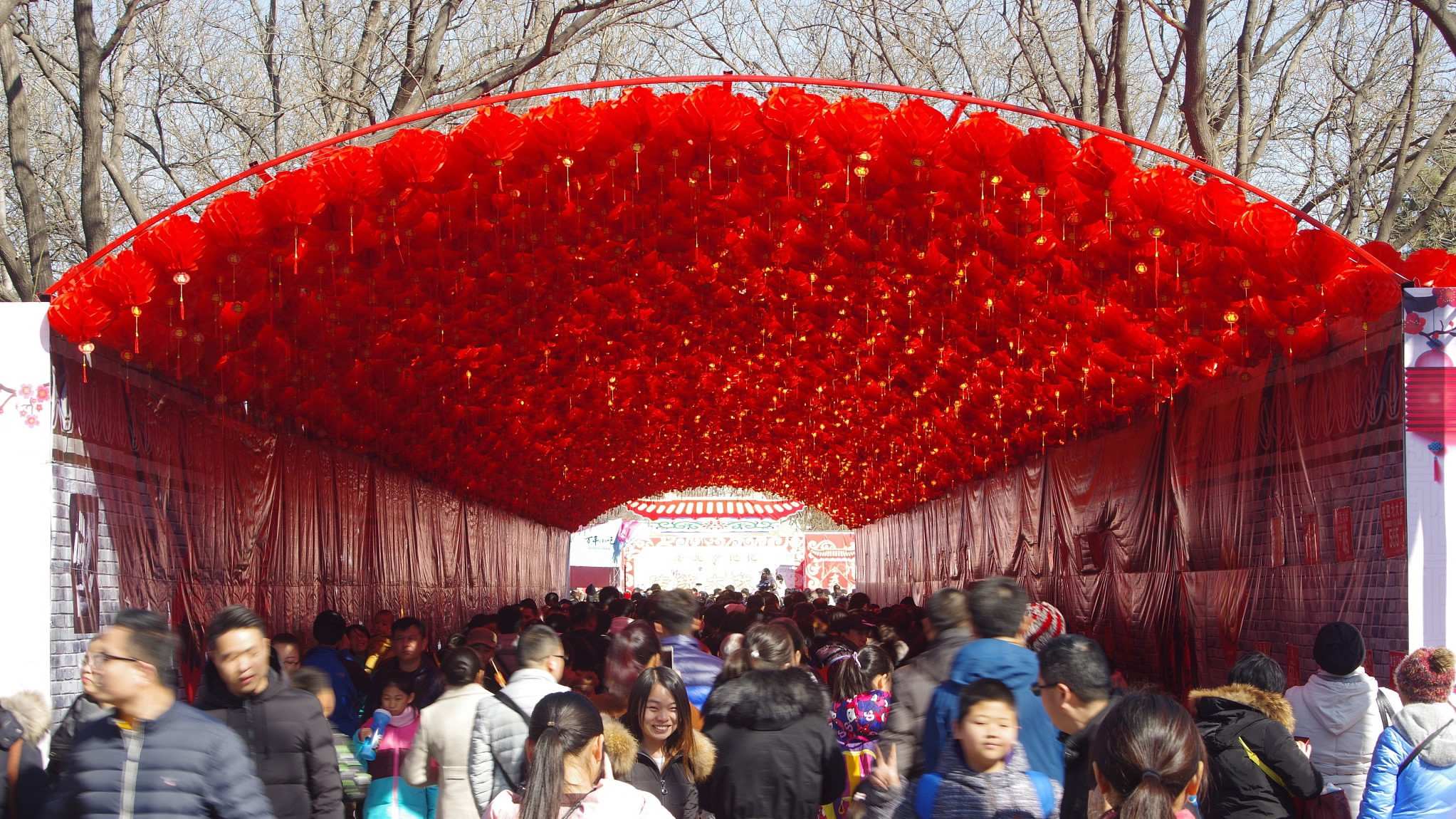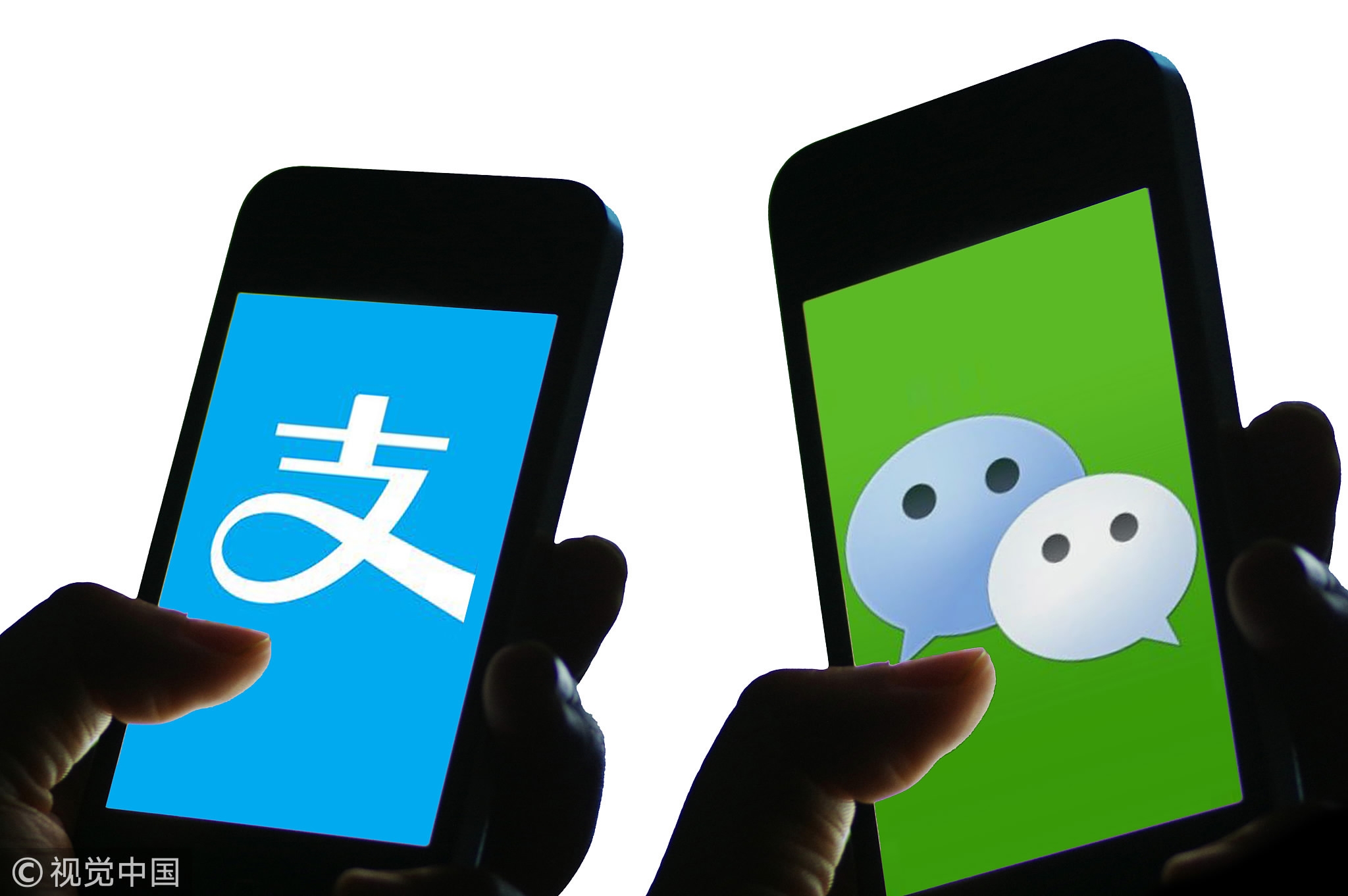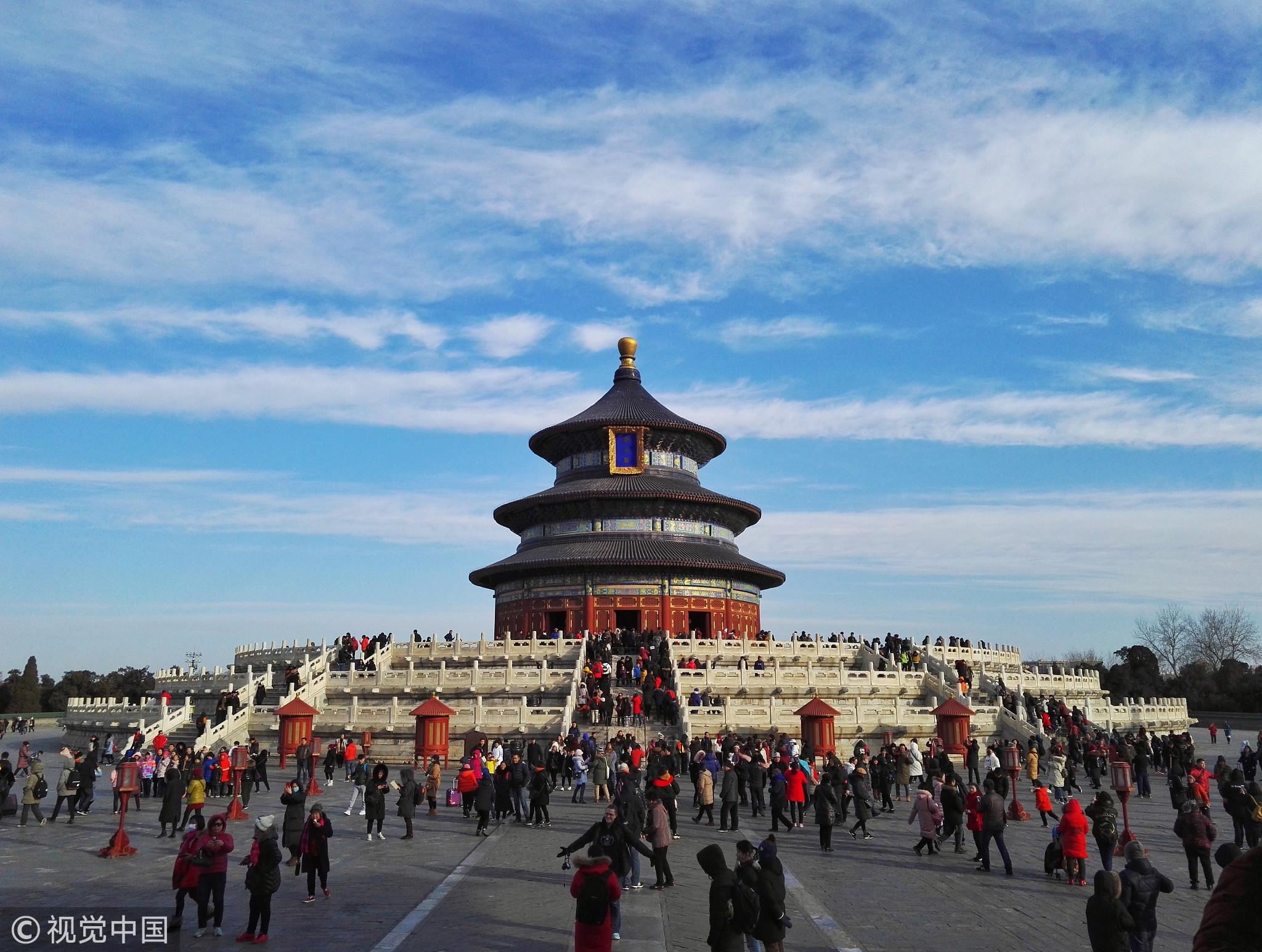
Opinions
15:18, 22-Feb-2018
Opinion: A tradition of two tales
Guest commentary by Han Hua

I overheard a piece of amusing conversation when two Americans and me were in the waiting room for the dentist appointment. Well, it is not a tradition to see a dentist during the Spring Festival, but this kind of activity may indicate a new tradition for a week-long Spring Festival holiday: more businesses are open as opposed to none or fewer previously, and people can actually do things during the Spring Festival holidays.
Let’s take a look of the conversation between the two Americans:
What did you do during the holiday as a new comer?
- Man
I went to Temple Fair with my Chinese friend. It was at a park. I could not remember the park’s name. No temple there. I expected to see a lot of traditional activities: dragon dance, lanterns, folk performances…but, it turned out to be a wild, really wild fair including a snow carnival, and real penguins!
- Woman
That sounds wild! And expensive!
- Man
Must be! You pay 100 yuan to get into the park, and for every item you have to pay either 50 yuan or 100 yuan again. That’s a lot!
- Woman
But 50 yuan is just 8 bucks, or 5 quids. Still reasonable!
- Man
Oh that’s true! Haha…
- Woman
Sounds hilarious. When China is associated with Spring Festival, you expect to encounter something very traditional, but a new-era China has returned with a rather exotic and imaginative Spring Festival. And this fusion is becoming a part of tradition.

Foreign visitors are traveling the Temple Fair in the Temple of Earth in Beijing, on Feb.19, 2018./VCG Photo
Foreign visitors are traveling the Temple Fair in the Temple of Earth in Beijing, on Feb.19, 2018./VCG Photo
What is in your mind when asked about the top traditions of Spring Festival? In my opinion, there would be the following four rituals.
First, there would be the spring couplets -- to paste on both sides and above the doors to expect the return of spring which means hope, wealth and blessing.
Second, family reunion meals -- dumplings are highlighted and many delicious food are prepared, to share the achievements among family and friends and to honor ancestors as well.
Third, the color -- red will be everywhere, from red packets stuffed with cash to wearing red clothing to bring good luck for the entire year.
Fourth, dragon dancing as well as fireworks to frighten away ghosts and monsters.
There are many more to count. What is more important and encouraging, however, is the way the traditions are evolving now.
Take the red packets as an example. “Hong bao” is a red envelope with gift money (varies from thousands of yuan to a nominal amount depending on the province’s tradition) in it to be handed to kids and elders by relatives and close friends wishing for health, good study and wealth. Money given in this way may not be refused, and the tailored pretty envelopes even confers luck to the gift.

Cashless transactions of WeChat and Alipay. /VCG Photo
Cashless transactions of WeChat and Alipay. /VCG Photo
Now, with the swift development of cashless transactions through WeChat and Alipay, sometimes dubbed one of modern China’s four grand new inventions to the world, the red packet has evolved into digital ones with which you can tailor words of blessing and “insert” a specified amount of money with an auspicious meaning such as 88.88 (fortune in Chinese) and 166.66 (lucky all the way in Chinese).
According to WeChat, there is a total of 768 million users choosing the platform's “red packets” function to send greetings. A young man in Chongqing city was the most generous red packet giver by sending out 2,723 red packets during the Spring Festival, and a person from Nanchang city became the happiest by receiving 3,429 red packets.
Another change this festival is the fireworks. Traditionally, lighting fireworks symbolizes getting rid of the old and the bad, and welcoming the new and the good.
Firecrackers are also used to add to the merriment of the celebrations. This year people in Beijing enjoyed a continuous blue sky during the Spring Festival holiday, thanks to the ban from Beijing Municipality of fireworks in the downtown (within 5 ring roads) area, after 12 years of fireworks restrictions during special occasions.
In the past you can hear or see fireworks and firecrackers everywhere in Beijing during the Spring Festival holiday, but the ban, coupled with society's growing consciousness of environmental protection, is driving fireworks, one of the four great inventions from ancient China, to an end.

The people are enjoying the blue sky in the Temple of Heaven in Beijing on February 20, 2018. /VCG Photo
The people are enjoying the blue sky in the Temple of Heaven in Beijing on February 20, 2018. /VCG Photo
The spiritual traditions will not end though, for it is gaining new momentum in a modern way. When families and friends are getting together, however faraway and inconvenient, to share in the joy and warmth, and send good wishes to each other for the next year, the tales continue.
When the themes of the Spring Festival, including reunion, peace, affluence, good health, are spread, when China invites people from across the world to join the celebration regardless of their cultural, racial and religious backgrounds, ideals that Chinese people have held for thousands of years, the tales continue.
(Han Hua is a fellow with the Chongyang Research Institute of Renmin University of China. The article reflects the author's opinion, and not necessarily the views of CGTN.)

SITEMAP
Copyright © 2018 CGTN. Beijing ICP prepared NO.16065310-3
Copyright © 2018 CGTN. Beijing ICP prepared NO.16065310-3